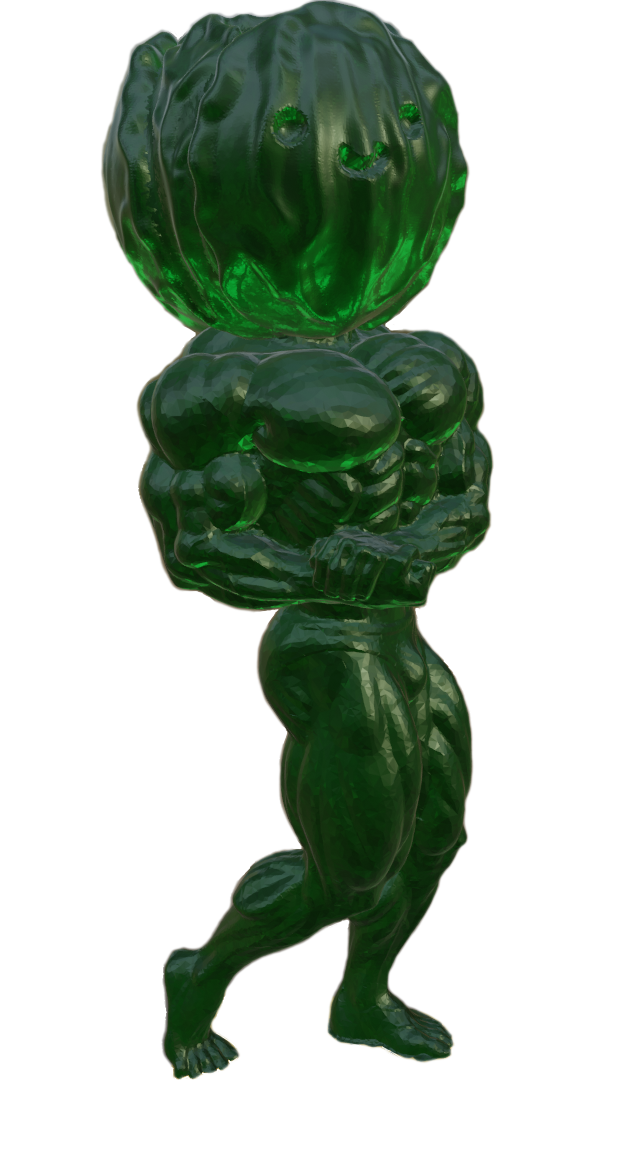Worth reading in full but here’s some snippets:
In 1985, hundreds of Columbia students, led by the four-year-old Coalition for a Free South Africa (CFSA), initiated a blockade of Hamilton Hall in the center of campus – the same hall peacefully occupied and renamed by students on Tuesday.
The protest lasted for three weeks, drawing worldwide support. The administration photographed, videotaped and threatened student activists with disciplinary charges and expulsion. Five months later, after years of dragging its feet, the university divested from companies implicated in apartheid South Africa.
In 2013 and 2014 a successful campaign by the Columbia Prison Divest students forced the university to divest from the private prison industry. Underlining the linkages of struggles, Students Against Mass Incarceration (Sami) sought the advice of Students for Justice in Palestine.
…
Omar was a Palestinian student activist on campus at the time, supporting the Free South Africa Movement and highlighting striking similarities between the struggles in South Africa and Palestine to dismantle settler-colonialism and apartheid. Omar was deeply inspired by the divestment demand as a tactic to pressure a duplicitous and complicit institution. He later co-founded the Boycott, Divestment and Sanctions (BDS) movement calling for ending international state, corporate and institutional complicity in Israel’s regime of oppression against Palestinians.
This is the best summary I could come up with:
We defend their right to protest and affirm the righteousness of their demands: an end to Israel’s genocidal war against 2.3 million Palestinians in Gaza and to the complicity of the US government and institutions in its apartheid and ethnic cleansing.
Tanaquil was a steering committee member of CFSA (which became the Coalition for a Free Southern Africa to call attention to other liberation struggles in the region, specifically Namibia) and one of the most prominent leaders of the movement during the blockade, along with Rob Jones, Whitney Tymas, Tony Glover and others.
He later co-founded the Boycott, Divestment and Sanctions (BDS) movement calling for ending international state, corporate and institutional complicity in Israel’s regime of oppression against Palestinians.
From 1968 to the 1980s to 2024, the often intersecting issues of war, racism and colonialism, took center stage in Columbia justice movements, reflecting larger campus and international struggles raging at the time.
Columbia’s suspension last year of Students for Justice in Palestine (SJP) and Jewish Voice for Peace (JVP) sparked the growth of the already existing divestment coalition, which now coordinates the encampment.
Other than being inspired by the tactics of previous student struggles, Palestine solidarity activists today have learned from history that what seems impossible at a time of unspeakable pain and grief becomes possible through principled, strategic, inclusive and ethically consistent praxis.
The original article contains 1,587 words, the summary contains 224 words. Saved 86%. I’m a bot and I’m open source!
Why didn’t the university simply send a militarized police force after the students?



